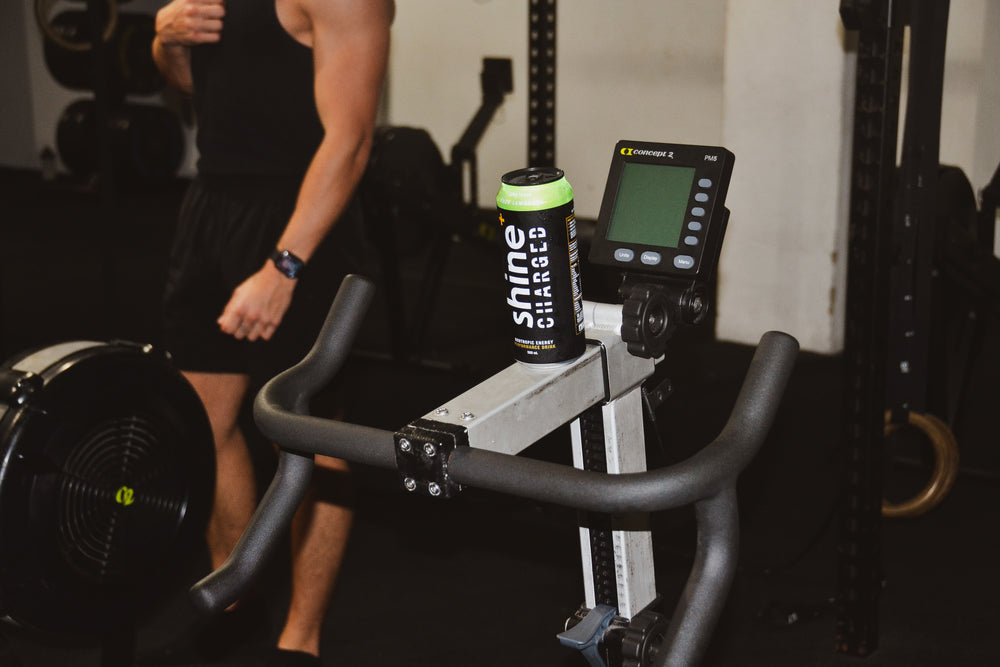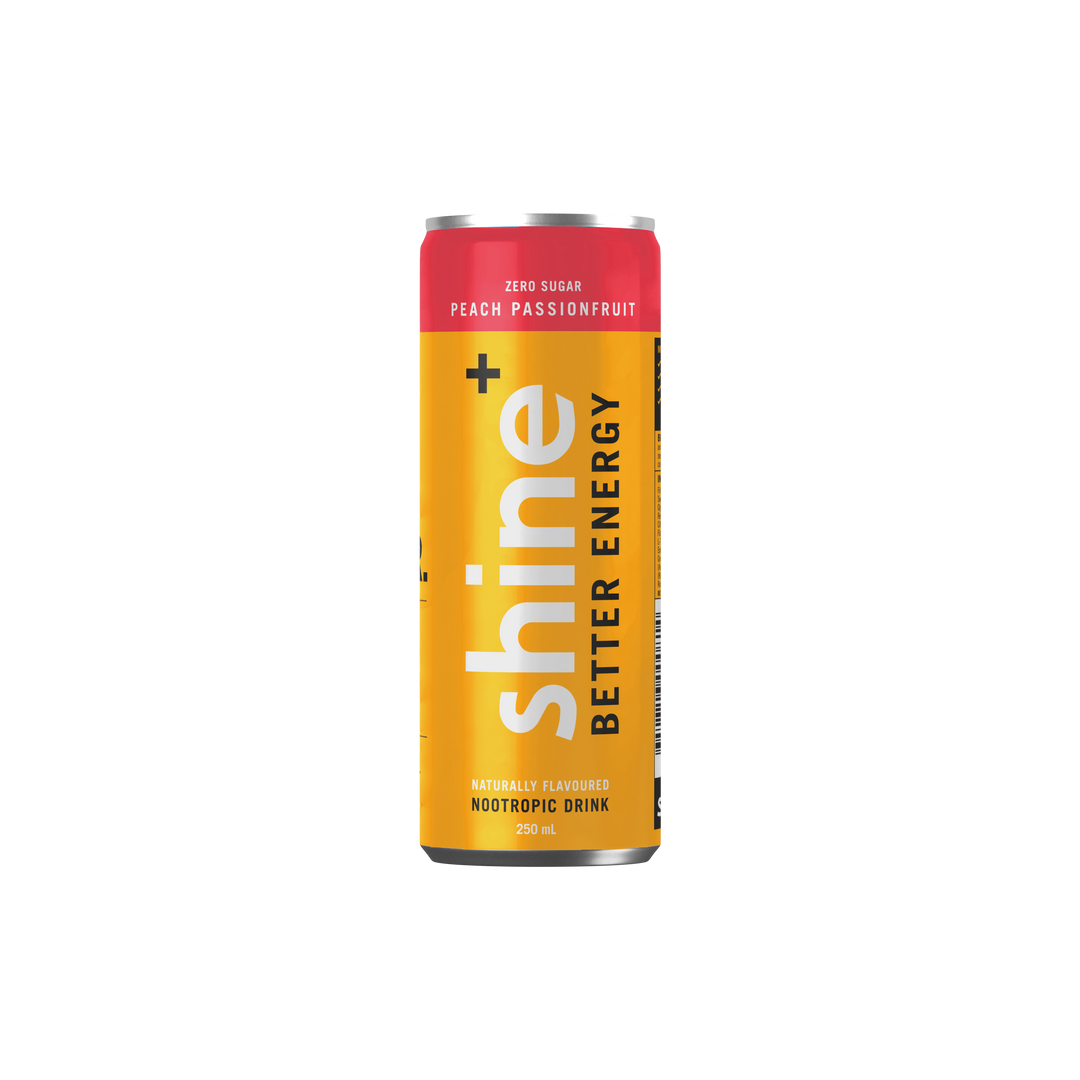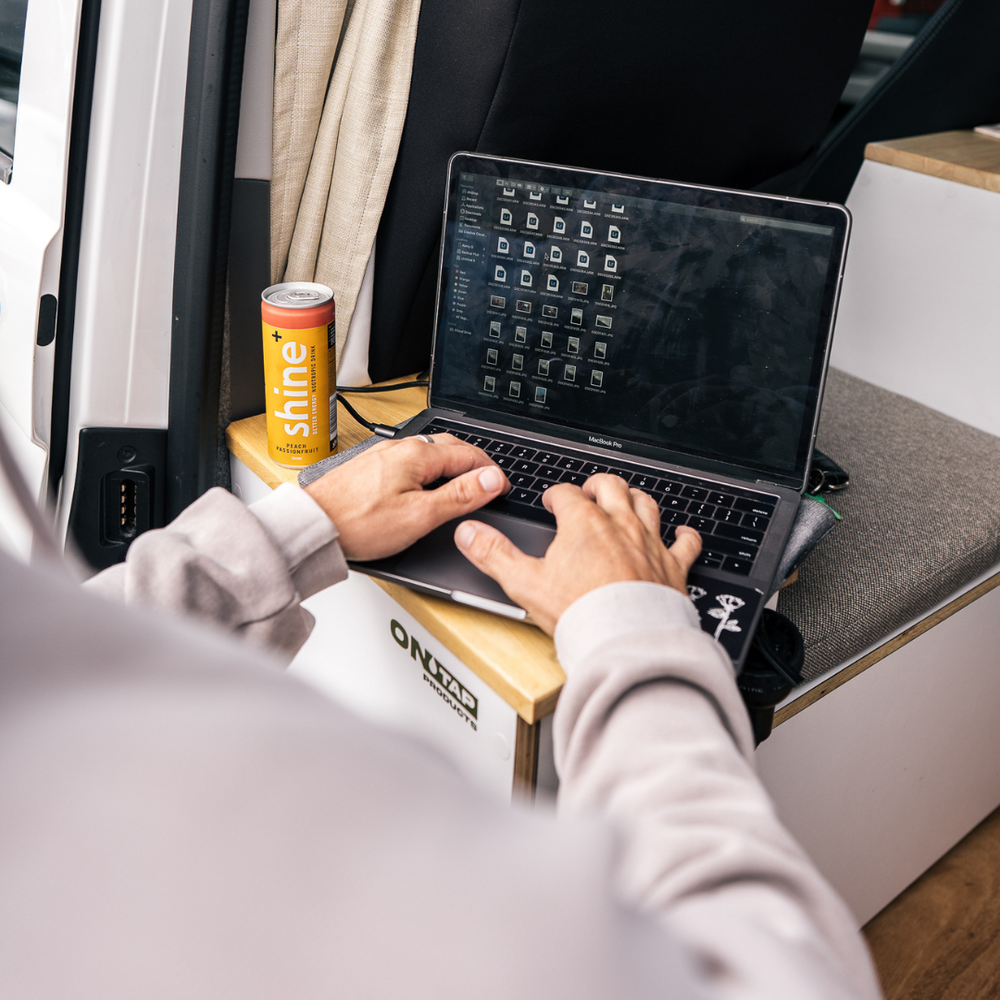TO BE THE BEST: THE LIFESTYLE OF ESPORTS' ELITE
You’re home on a Friday night, and you decide to pick up the controller or boot up the PC. After a night of grinding you feel accomplished: you’ve racked up some big wins, climbed the rankings, and most importantly you feel like a big shot. Now imagine that grind every day, for 8-12 hours a day.
Welcome to the life of a professional eSports athlete.
The Training Regime
Over the past years the world has been hearing more and more about how demanding being a professional gamer has been. In a 2015 article published on ESPN, professional StarCraft player Greg ‘IdrA’ Fields recounted how demanding life was as a professional living in South Korea:
“When I played in Korea [from 2008 to 2011], the training schedule excluded any activity that wasn't eating, sleeping and practicing.”
South Korea, seen as the Mecca for professional gamers, was the first country to really push these professional regimes. With the growth of eSports across the globe, and the financial benefits that come with it, teams across the globe have adopted the South Korean model of treating their game as a full-time job.
It isn’t just a matter of playing the game for 12 hours a day though. ESports, and the demand and desire to succeed, has grown a professional infrastructure complete with coaches, strategists and dieticians for teams in order to get the best out of their players. As mentioned by some of the best in this article, on top of grinding players and teams “scrim” frequently.
For those not in the know, scrimming is organised practice between players or teams, which give them an opportunity to test strategies and ideas in a competitive environment. There is also replay analysis, where teams watch themselves or other teams to study mistakes or strategies, and theorycrafting, which is the process of creating innovative and unique ideas. ESports has begun to take a form that traditional sports have, with the amount of planning, strategizing, and analysis that takes place before a match.
Living Harmoniously Together
The growth of infrastructure within the eSports scene has been a testament to the value and professionalism of the industry. With the extensive training regimes teams participate in today, it should come as no surprise that most organisations are putting their squads inside Team Houses. This is so they can maximise practice and create a professional atmosphere.
While it might seem all fun and games to live inside one of these houses, getting to play video games non-stop, it truly is a serious environment. There is little to no room for recreational activities outside of the off-season, with players on a strict schedule of gaming, exercise, eating, and sleeping. The little free time they have is often dedicated to streaming on platforms such as TwitchTV. This is an extra source of income for players and allows them to interact with their fans directly.
There is also the feeling of homesickness; something everyone can relate to. Whether you’re living on campus in a dorm room, or travelling overseas for extended periods of time, everyone misses the comfort of their home from time to time. For professional gamers this is no different. Living in a different environment will no doubt evoke feelings of discomfort or stress as they adjust to new living arrangements. For some it might simply mean inter-state travel, but with the globalised nature of eSports, we’ve seen international migration of players and teams from as far as China and South Korea to Western countries.
All players, no matter where from, face challenges living in a team house; and as cool as living in a gaming house sounds, it isn’t all sunshine and roses.
Re-inventing Yourself
Games change rapidly. It may be a new title, like we see in Call of Duty with a new game every year. Alternatively it may be a patch or change to a current game which reshapes how it is played at the highest level. Change is both dreaded and anticipated in the eSports scene across all games; it is a fresh injection into a metagame which may have been getting stale, but at the same time it may make previous knowledge, skills and strategies redundant.
The ability to adapt has become key for competitors in all games on the eSports field, and those who don’t are quickly left obsolete and even replaced by their teams. MarineKingPrime was one of the kings of Starcraft 2 in its early years. He dominated the opposition with his greedy style of play which revolved around obtaining a huge economic advantage very quickly. As the game changed and players adapted, however, MKP never changed and fell behind: never truly recovering before finally retiring.
In a similar fashion to top athletes, the very best in eSports have kept their crown due to dedication, adaption, critical thinking, and maintaining the grind. Lee “Faker” Saeng-hyeok has remained a poster boy for League of Legends with his continued success both in Korea and worldwide, over the course of countless patches and changes to the game. Clinton “Fear” Loomis has been a staple of American, and worldwide, DotA for well over 10 years, and has won well over $2,000,000 because of this ability to adapt to change. There is even a documentary covering his success, alongside other players, on the global scale.
Even on a domestic level, we have seen top Australian teams go through the redevelopment of skills and strategies in an attempt to remain at the top. Daniel Rowe, captain of Pandamonium’s SMITE team who we had a chat to last month, knows all about needing to stay on top of the meta to remain king:
“[We have played] through a role swap, a new Jungler, and of course three different support players.”
While it has taken them a while to adapt to these challenges, and they have not seen their usual dominance over the scene, Pandamonium’s willingness to make changes highlights that they understand the need to constantly adapt and perform to continue winning in the cut-throat competitive scene.
It’s more daunting than it looks!
While the prospect of being a professional gamer sure looks like one all gamers would willing jump on, it's anything but the cruise some might expect it to be. The next time you finish on top of the killboard and say to yourself “Man, I’d make a great pro player” you might want to think twice if you can handle the sacrifices and commitment that it really takes.
WORDS BY HAYDEN FITZGERALD
Image: ESL's Facebook Page










